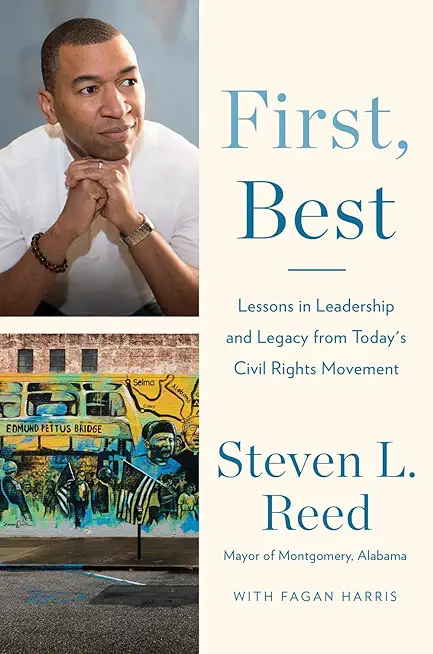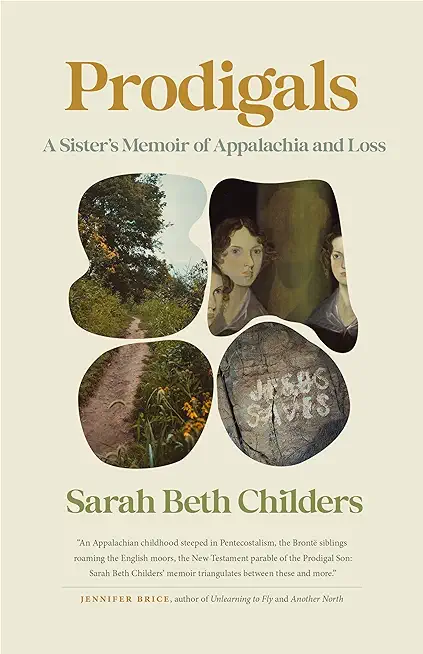
Reed, Steven L.
product information
description
ry, Alabama, shares his story of making his way in a world that wasn't built for him, drawing on his rich heritage as the son of a civil rights leader. As a proud son of a civil rights leader, Steven L. Reed grew up hearing stories about how his father integrated Montgomery lunch counters and took advice directly from Dr. Martin Luther King Jr. and Reverend Ralph Abernathy. However, it wasn't until Reed was in the fourth grade and received a death threat against his father that he began to understand more fully the importance of the lessons his father was trying to impart. At this pivotal moment, his father explained, "My job is to prepare you to be a cross-bearer and not just a crown-wearer. Bigotry has no place in our household. It will only hold you down and make you small."
First, Best is an essential antidote to the perpetual dehumanization and distortions of Black men in our culture and media. By sharing the story of forging his own path, Reed offers an alternative narrative to Black men coming of age, catalyzing their hope and sense of possibility. Although Reed took a circuitous path to the office of mayor that began by forging his identity at Morehouse College, pursuing entrepreneurship and exploring the wider world, and serving as a probate judge, each step was guided by the values of his father's generation. First, Best is not just about assuming the mantle of manhood or leadership, nor is it only about the expectation of greatness. Fundamentally, it's about responsibility and preparation, serving others, and being willing to pay the price of leadership by carrying the weight of each decision. First, Best affirms the next generation of Black men and women by showing, through story and example, their power and potential in a world that doesn't always root for them.
First, Best is an essential antidote to the perpetual dehumanization and distortions of Black men in our culture and media. By sharing the story of forging his own path, Reed offers an alternative narrative to Black men coming of age, catalyzing their hope and sense of possibility. Although Reed took a circuitous path to the office of mayor that began by forging his identity at Morehouse College, pursuing entrepreneurship and exploring the wider world, and serving as a probate judge, each step was guided by the values of his father's generation. First, Best is not just about assuming the mantle of manhood or leadership, nor is it only about the expectation of greatness. Fundamentally, it's about responsibility and preparation, serving others, and being willing to pay the price of leadership by carrying the weight of each decision. First, Best affirms the next generation of Black men and women by showing, through story and example, their power and potential in a world that doesn't always root for them.
member goods
No member items were found under this heading.
Return Policy
All sales are final
Shipping
No special shipping considerations available.
Shipping fees determined at checkout.







